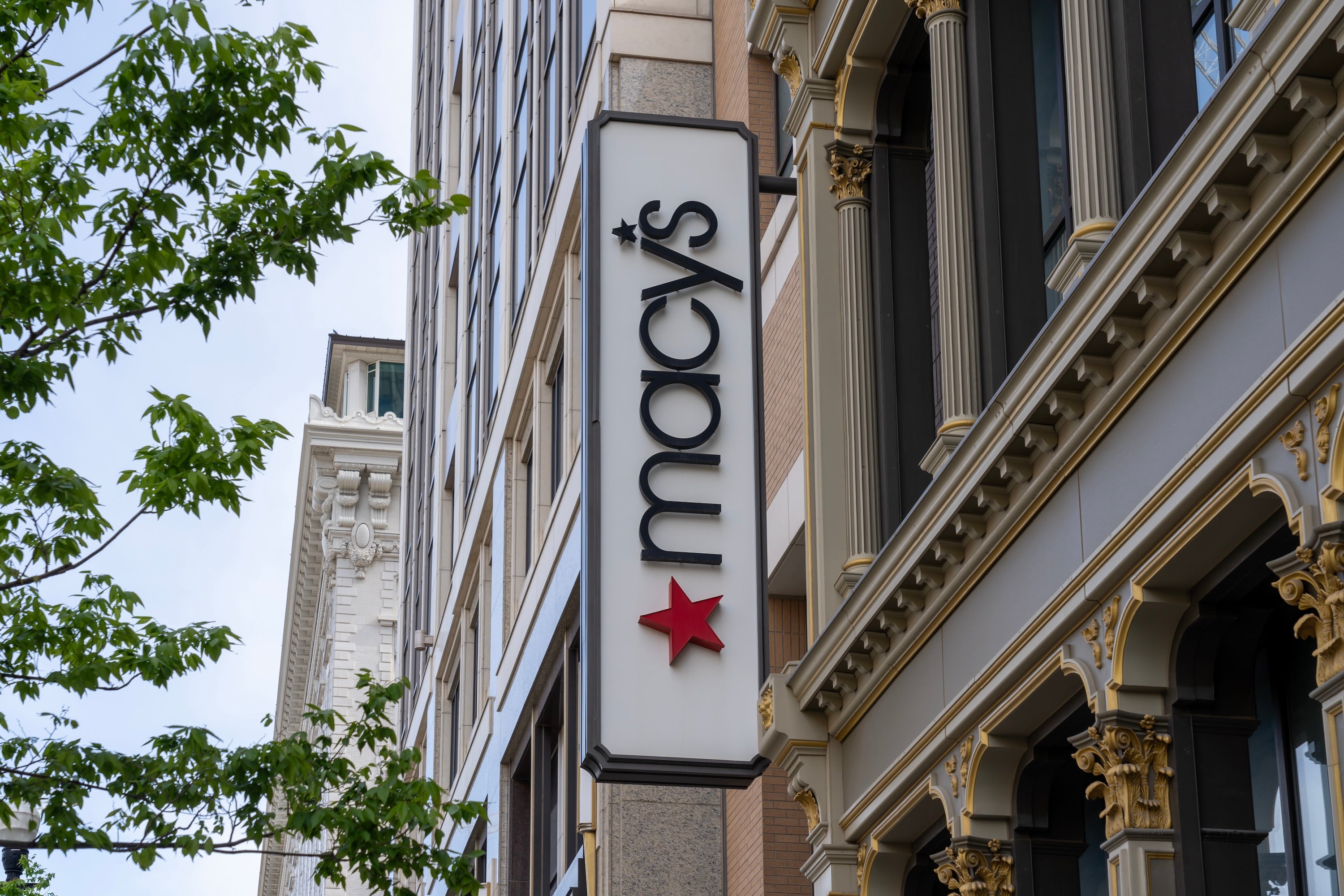In the not-so-distant past, the holy grail for any company was to grow big enough to go public. Now it seems, especially for home furnishings retailers, the goal is just the opposite: Take the company private and escape the scrutiny—and often the scorn—of Wall Street and investors.
Cases in point: An investor group circling around Macy’s is talking about making it a private company, while the founding family behind Nordstrom is rumored to be considering a private buyout. Privatization is once again the talk of retail.
Already, national retailers that are among the biggest sellers of home furnishings products are privately owned, including At Home, JCPenney, Belk, Hudson’s Bay and Neiman Marcus.
The reasons behind the shift are many. First and foremost, the strategy removes companies from the constant examination that accompanies each quarterly financial report. Retail businesses are notoriously erratic, usually performing best in the period that includes holiday sales and underperforming much of the rest of the year. By going private, they can relieve themselves of the stress of watching their stock prices zig and zag in uncomfortable patterns.
That was the case for Hudson’s Bay Company, which owns its namesake Canadian department store as well as Saks Fifth Avenue and Saks Off 5th in the U.S. Under the leadership of real estate entrepreneur Richard Baker, it went private in 2020 following a series of disappointing financial results. Since then, the company’s performance has been far more opaque, with periodic reports of seeking additional capital investments—never a good sign, but not as catastrophic as it would be if it were in full view of the public markets.
Then there’s At Home, the Texas-based home specialty chain with giant stores that unfortunately were not generating giant profits before it went private in 2021 when private equity firm Hellman & Friedman bought it for $2.8 billion. Again, while rumors have circulated from time to time about uneven performance, the company has since remained an unknown entity.
For other retailers, there was no mystery. JCPenney, Belk and Neiman Marcus all dealt with bankruptcies on their way to privatization. The latter two are now owned by private equity firms (singular or plural), while JCPenney is part of a real estate mashup of two of the biggest shopping center operators in the country (Simon and Brookfield), which saw it as in their best interests to keep the department store anchoring their malls.
And while some JCPenney financial results leak out from time to time (they aren’t good), Belk and Neiman Marcus fall into the black box category. Interestingly, Belk’s owner, Sycamore, continues to buy up other retail operations, while rumors swirl that HBC is looking to take over Neiman Marcus, creating an even larger black box.
The latest go-private possibilities, if they happen, will get there by two very different paths. The outside investors who want Macy’s are clearly after the real estate—they make no bones about that. Nordstrom, on the other hand, would be taken private by the family to remove it from the quarterly-results rat race and give it the opportunity to focus on its retailing business rather than on the optics.
The privatization odds for both is a toss-up, as this is Nordstrom’s second look at going private, and the Macy’s invaders have been recently co-opted by a proxy battle to add two investor representatives to the board.
When a company makes this move, it affects other parts of the retail ecosystem: Privatization presents a hardship for the vendors that sell to these retailers. They often have no idea of these customers’ financial health, and getting all-important credit and factoring insurance for orders can be a crapshoot from bankers who are also in the dark. The strategy for many suppliers is to keep these retail accounts on relatively short leashes—and keep their fingers crossed while processing accounts payable paperwork.
And the consumers? They really don’t care who owns the stores they shop in—as long as they have good prices, nice products … and easy returns.
The retail world has always been a lemminglike business in so many regards, including ownership status. It’s entirely possible that this is a trend nearing the bottom of a cycle, and we may see public filings return to favor.
In the meantime, those big black boxes continue to cast shadows over a larger and larger chunk of the retail business.
____________
Warren Shoulberg is the former editor in chief for several leading B2B publications. He has been a guest lecturer at the Columbia University Graduate School of Business; received honors from the International Furnishings and Design Association and the Fashion Institute of Technology; and been cited by The Wall Street Journal, The New York Times, The Washington Post, CNN and other media as a leading industry expert. His Retail Watch columns offer deep industry insights on major markets and product categories.





























